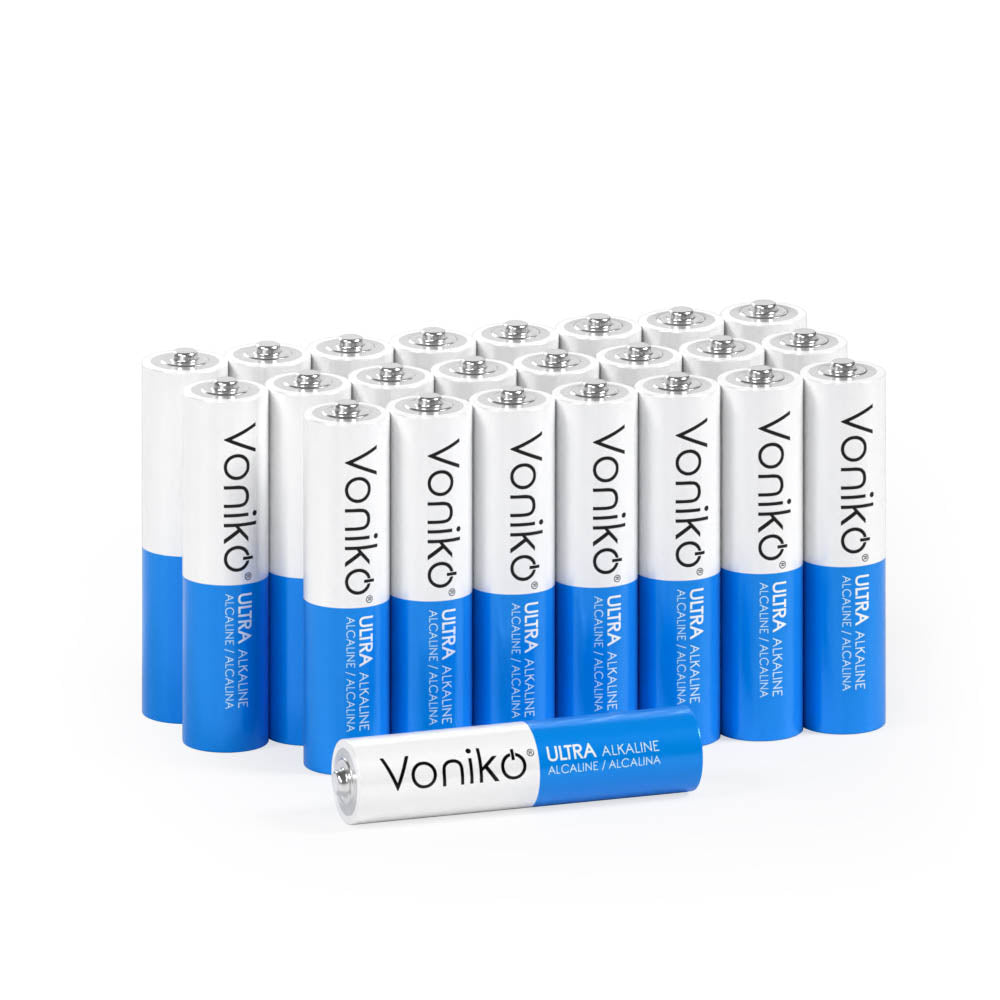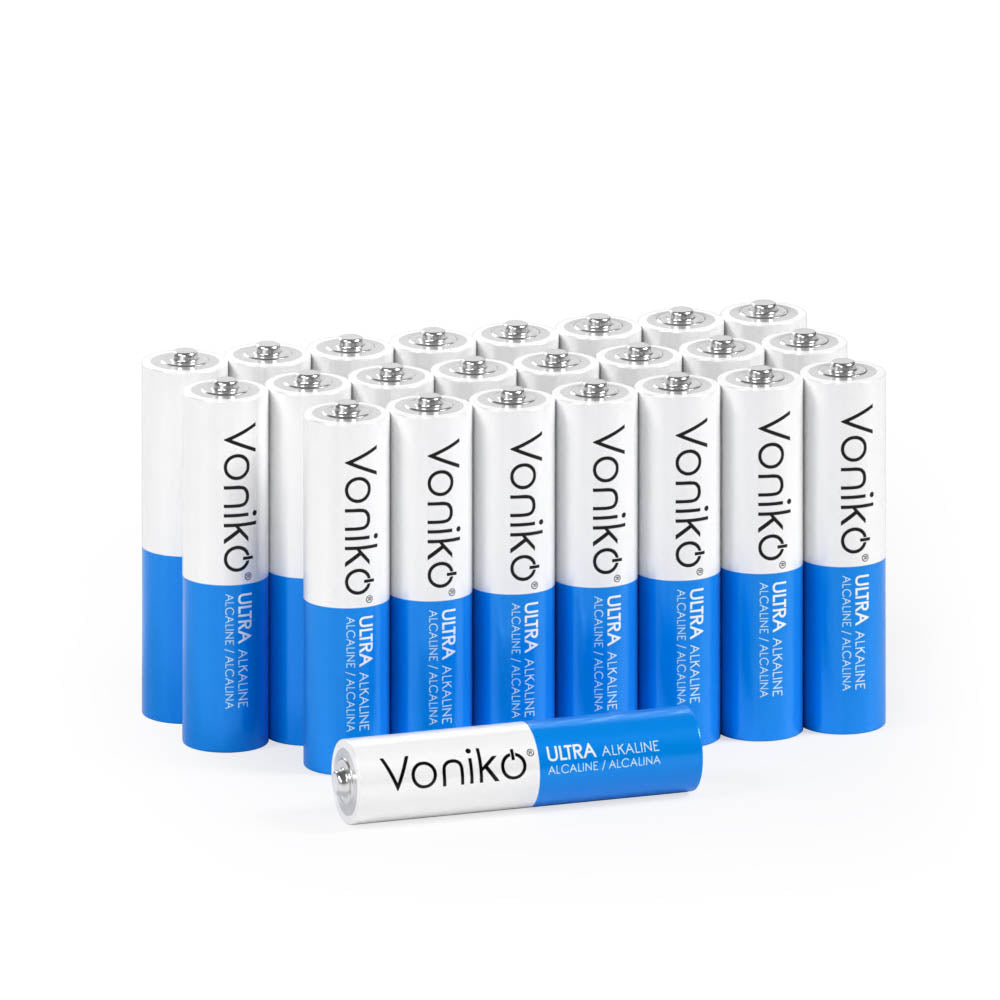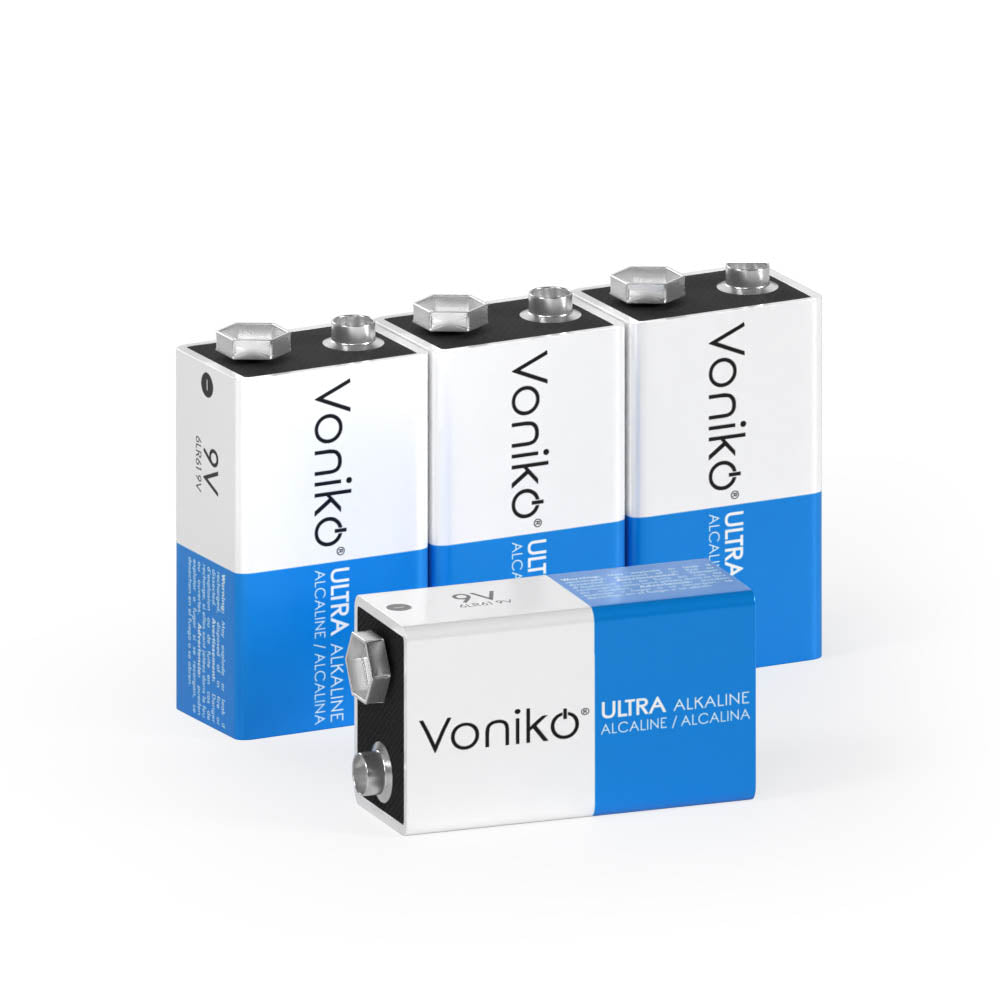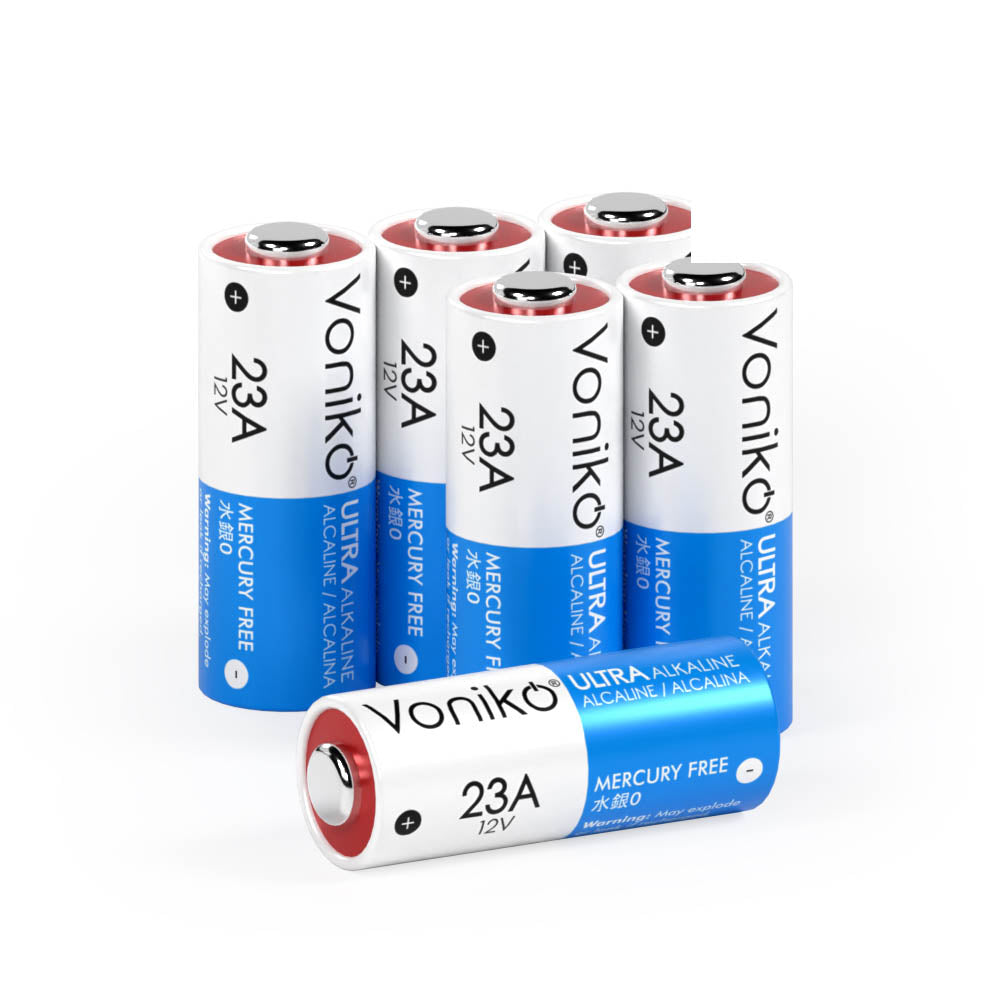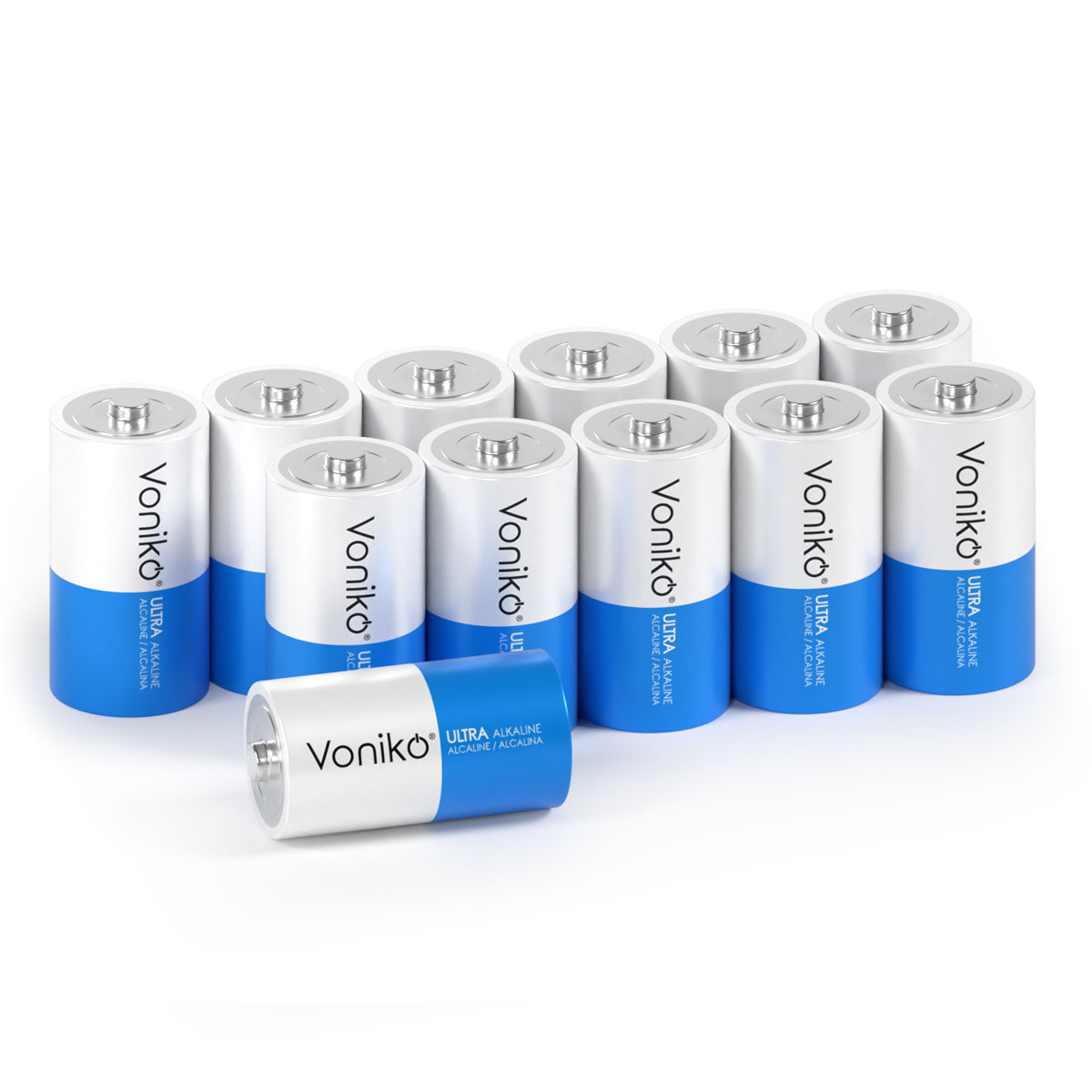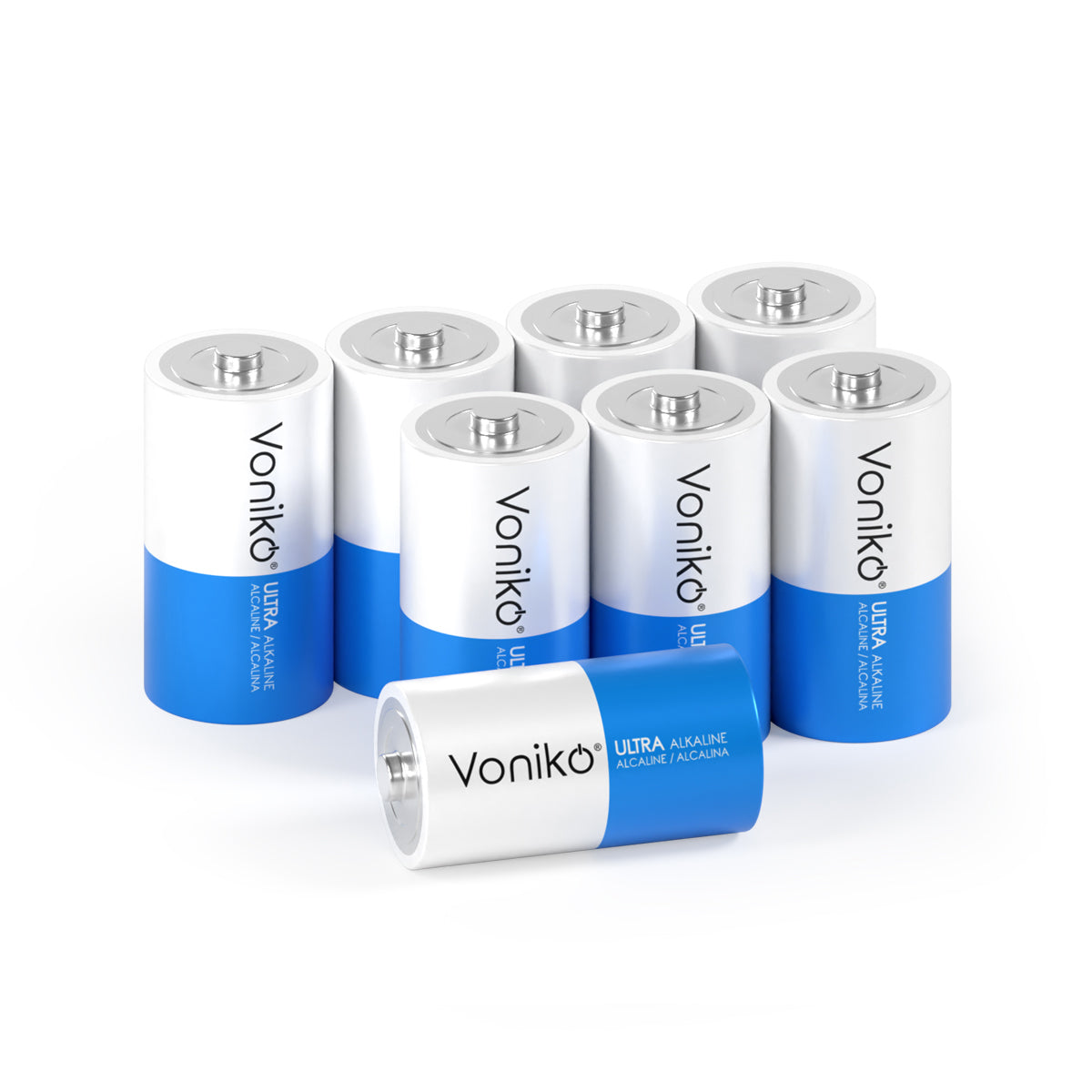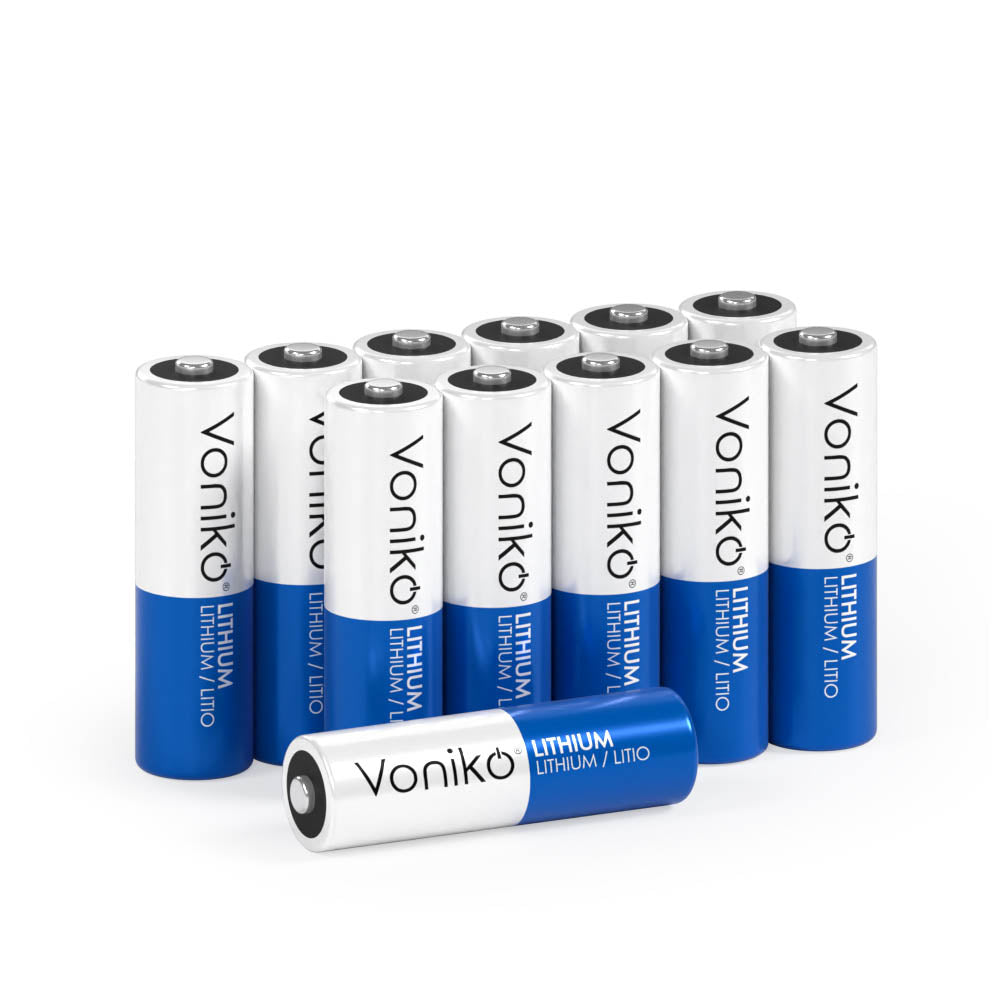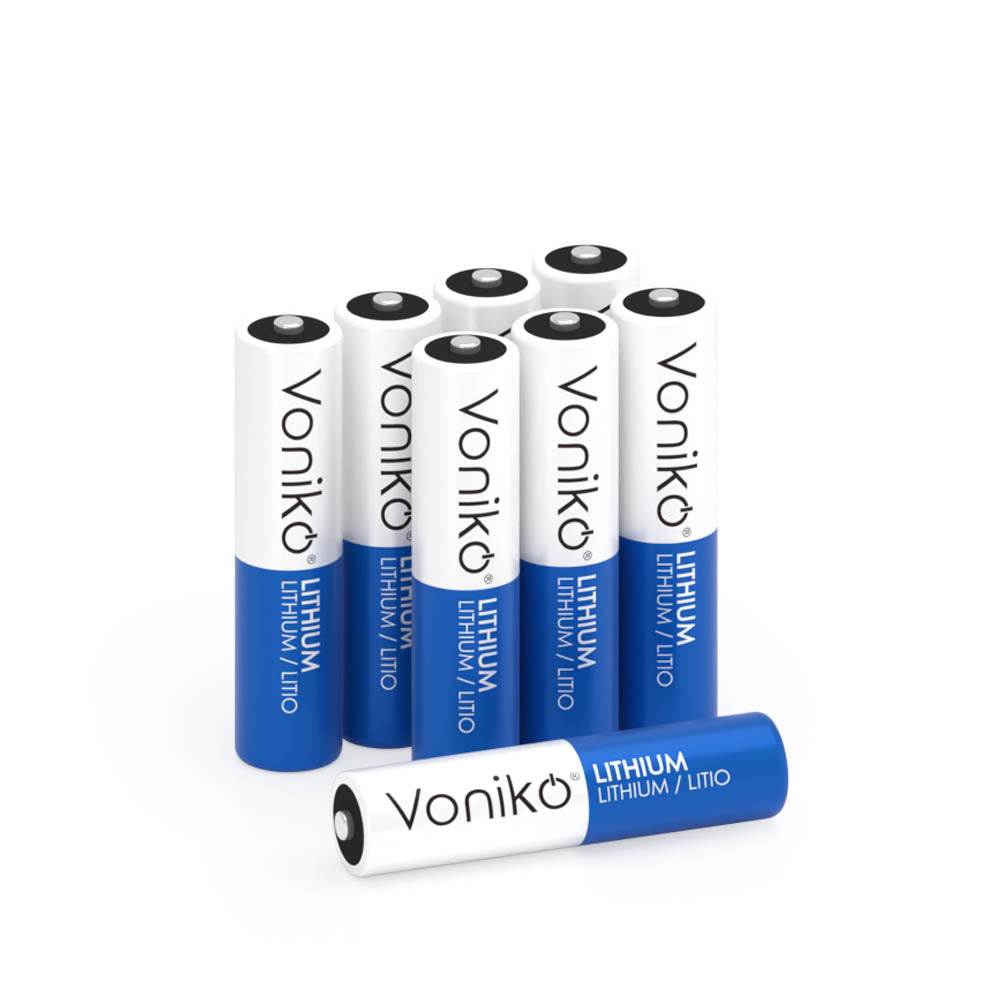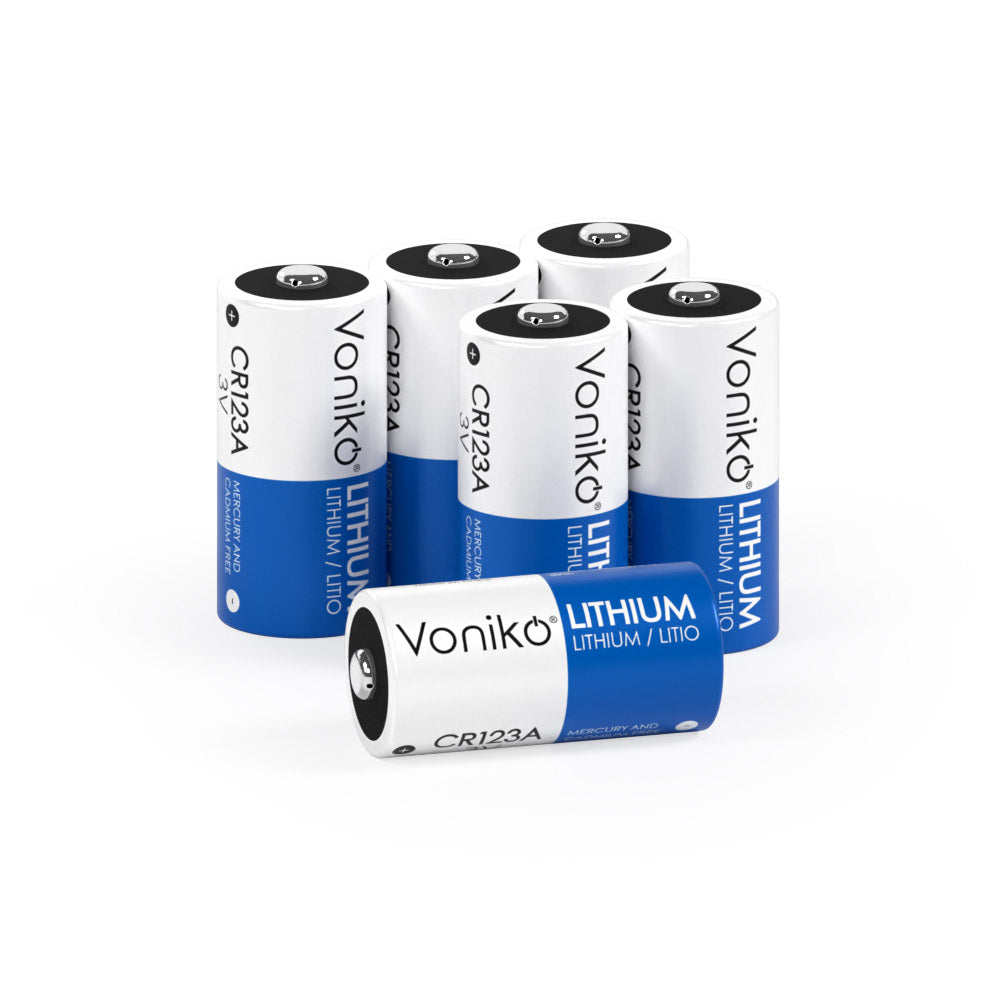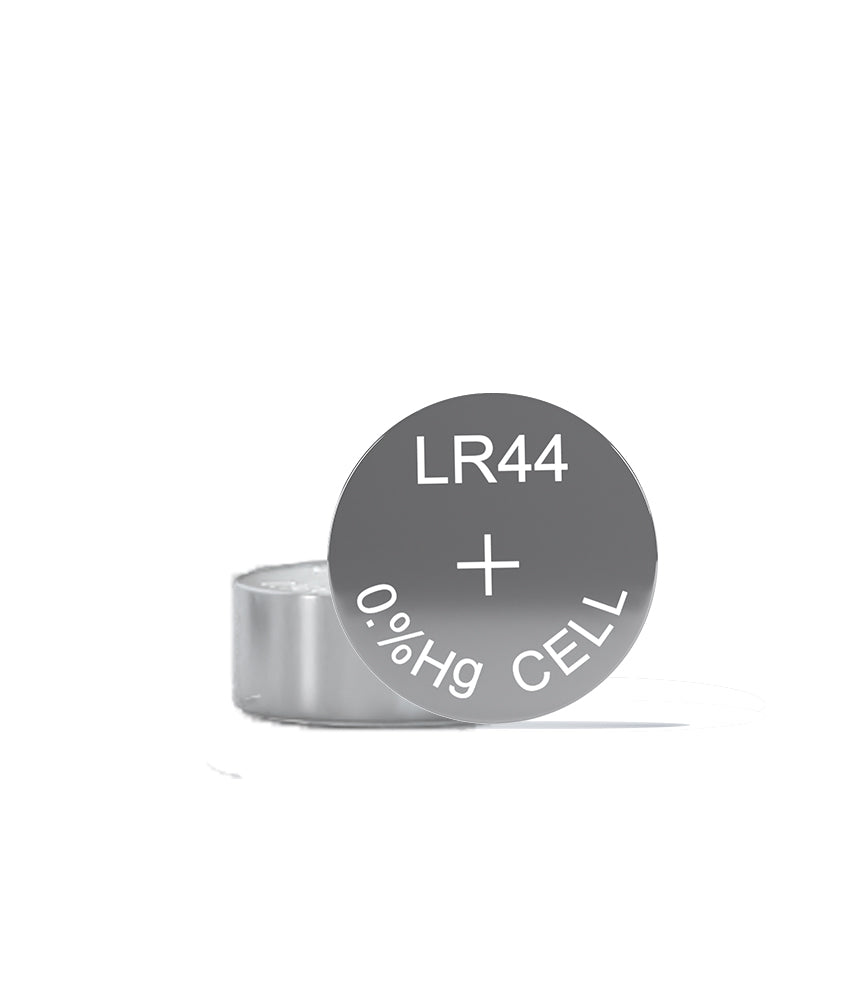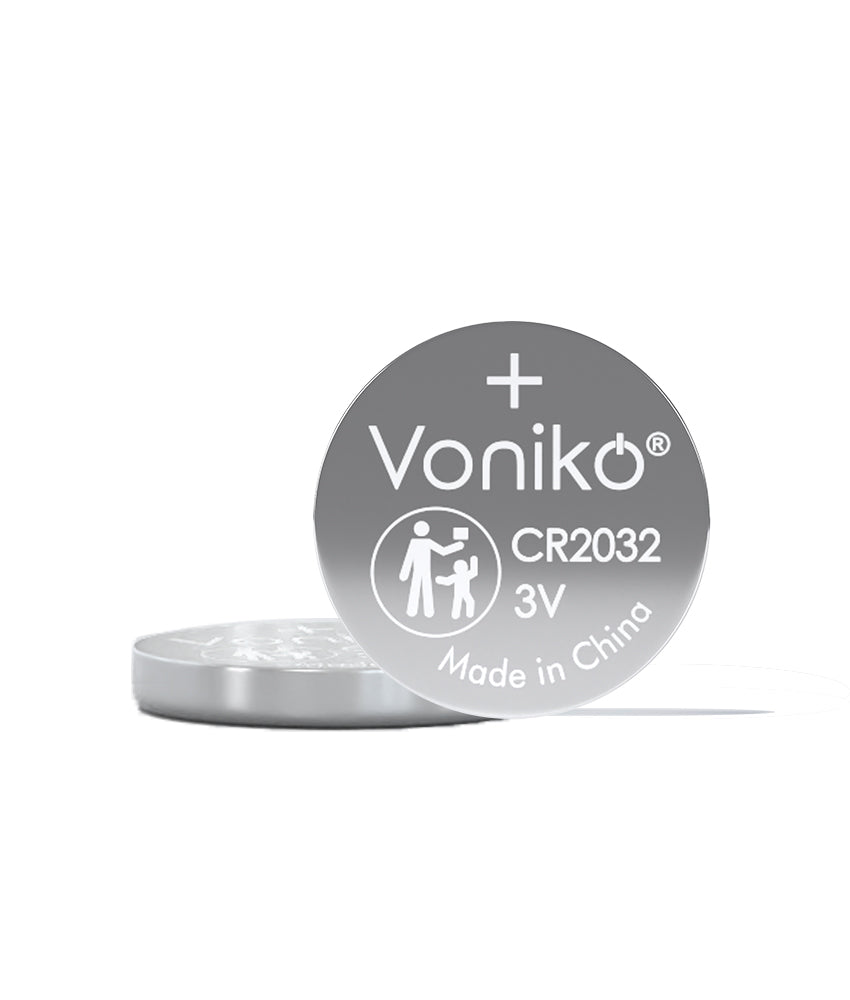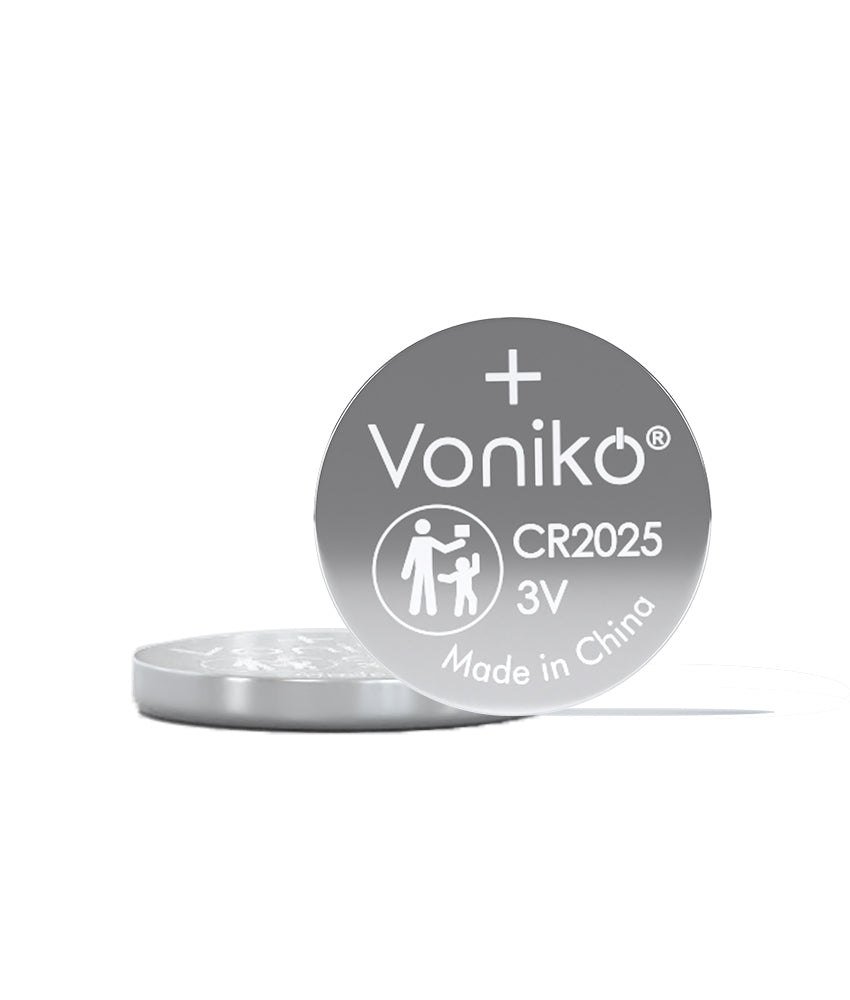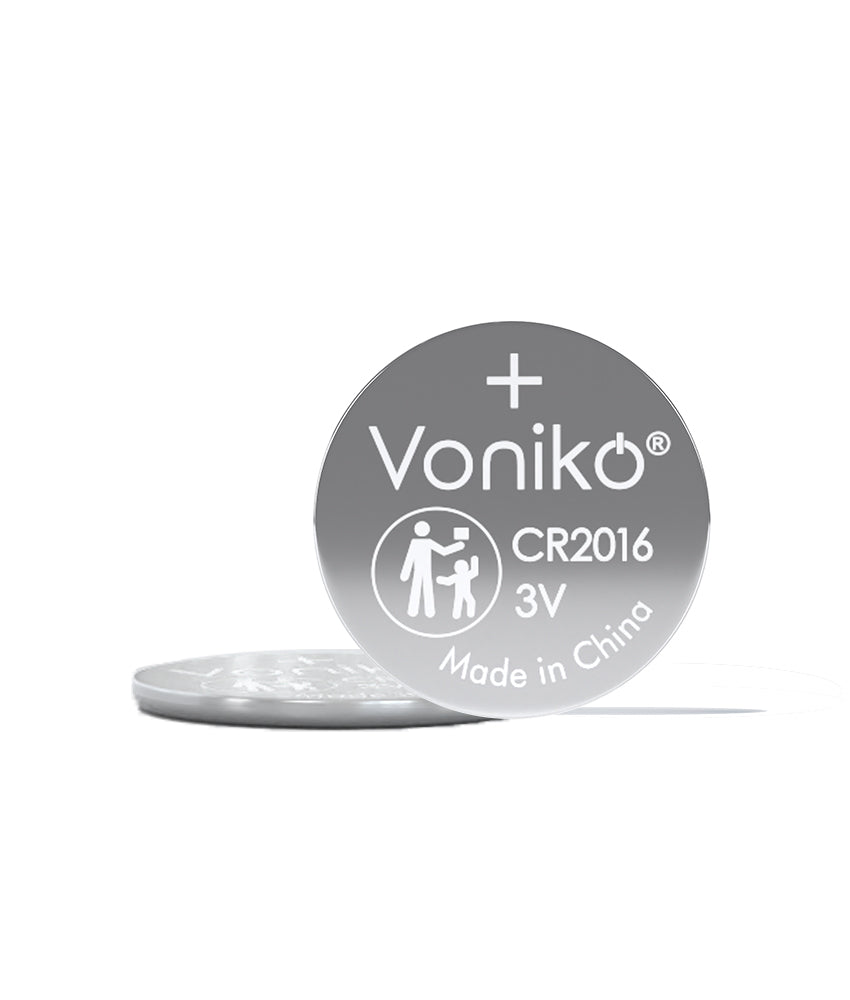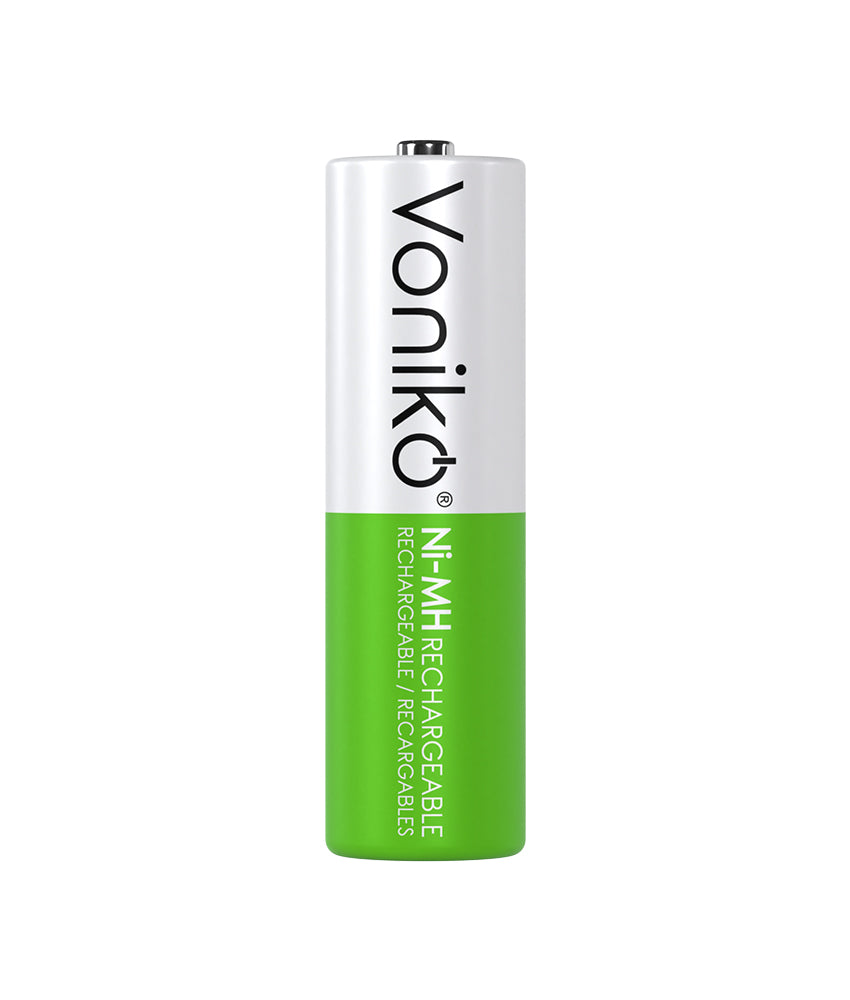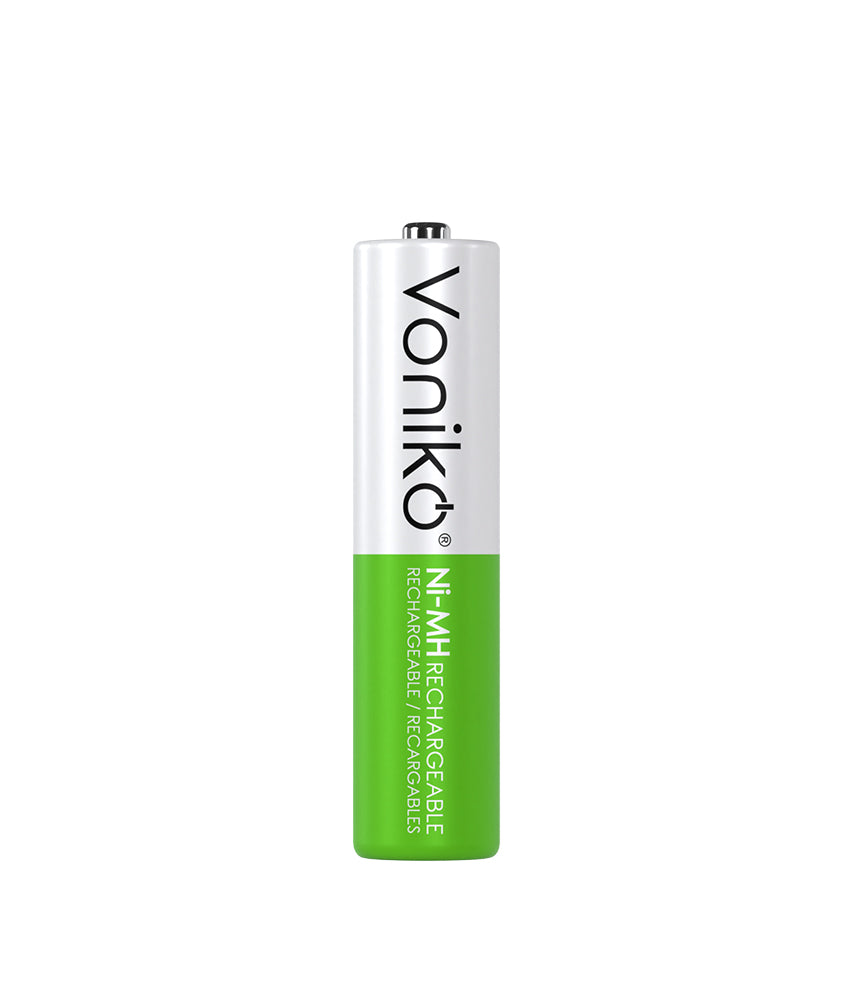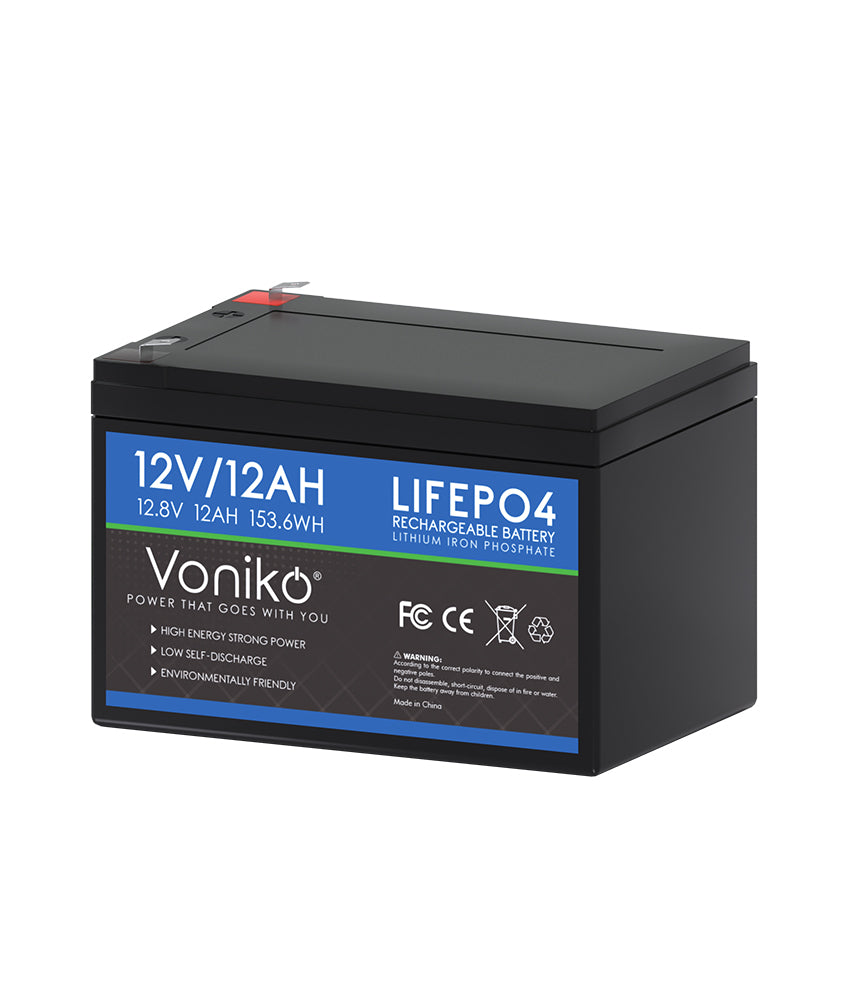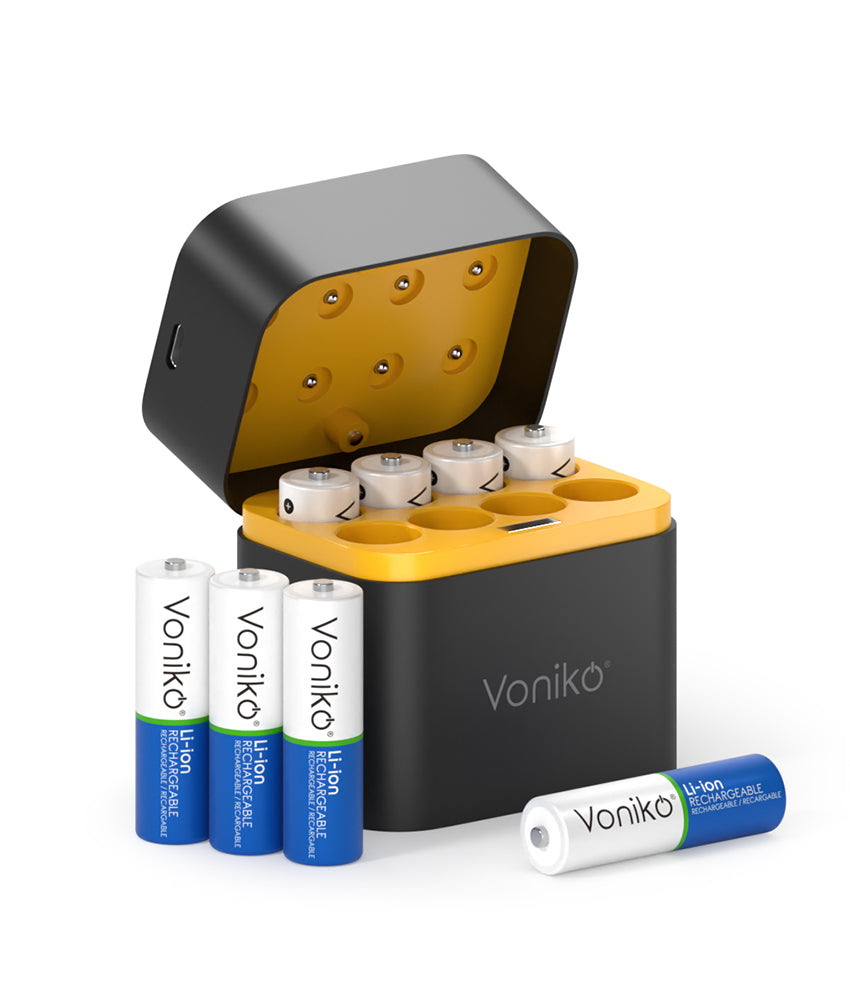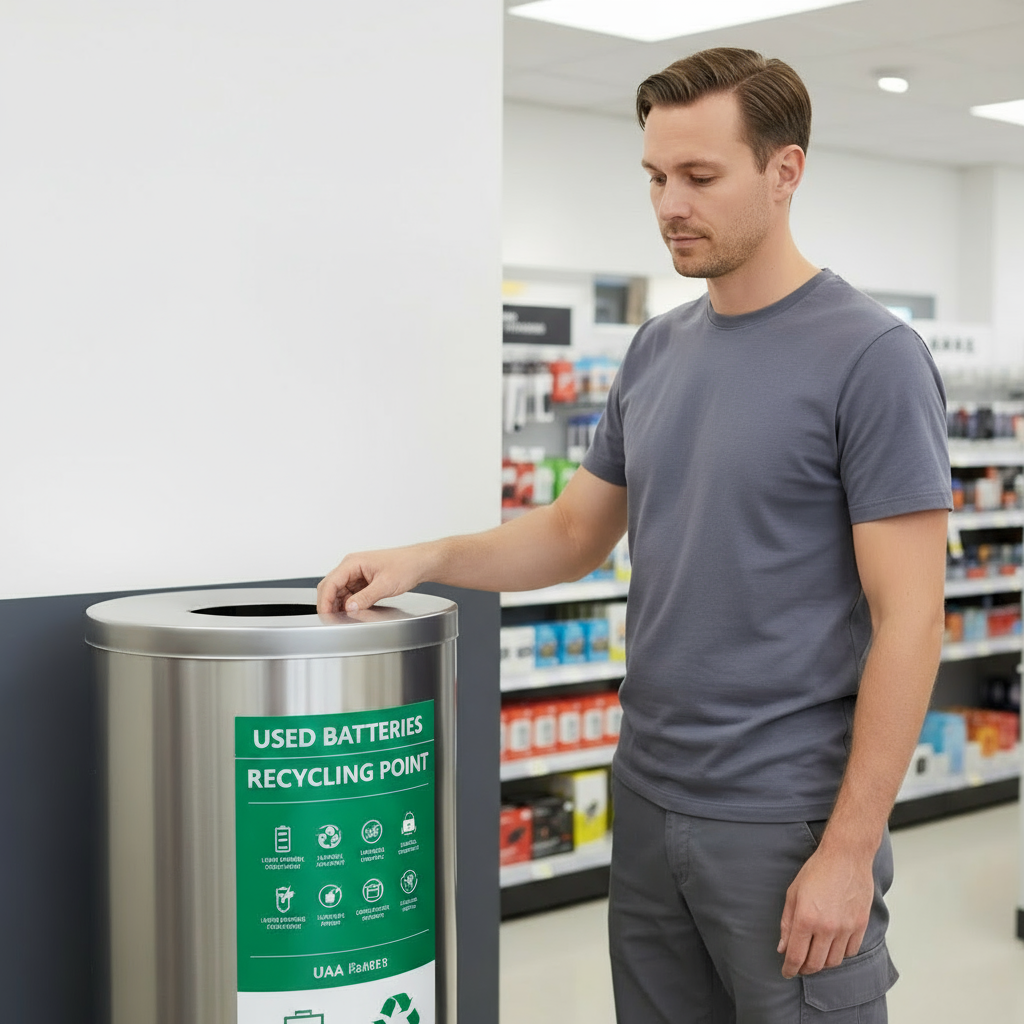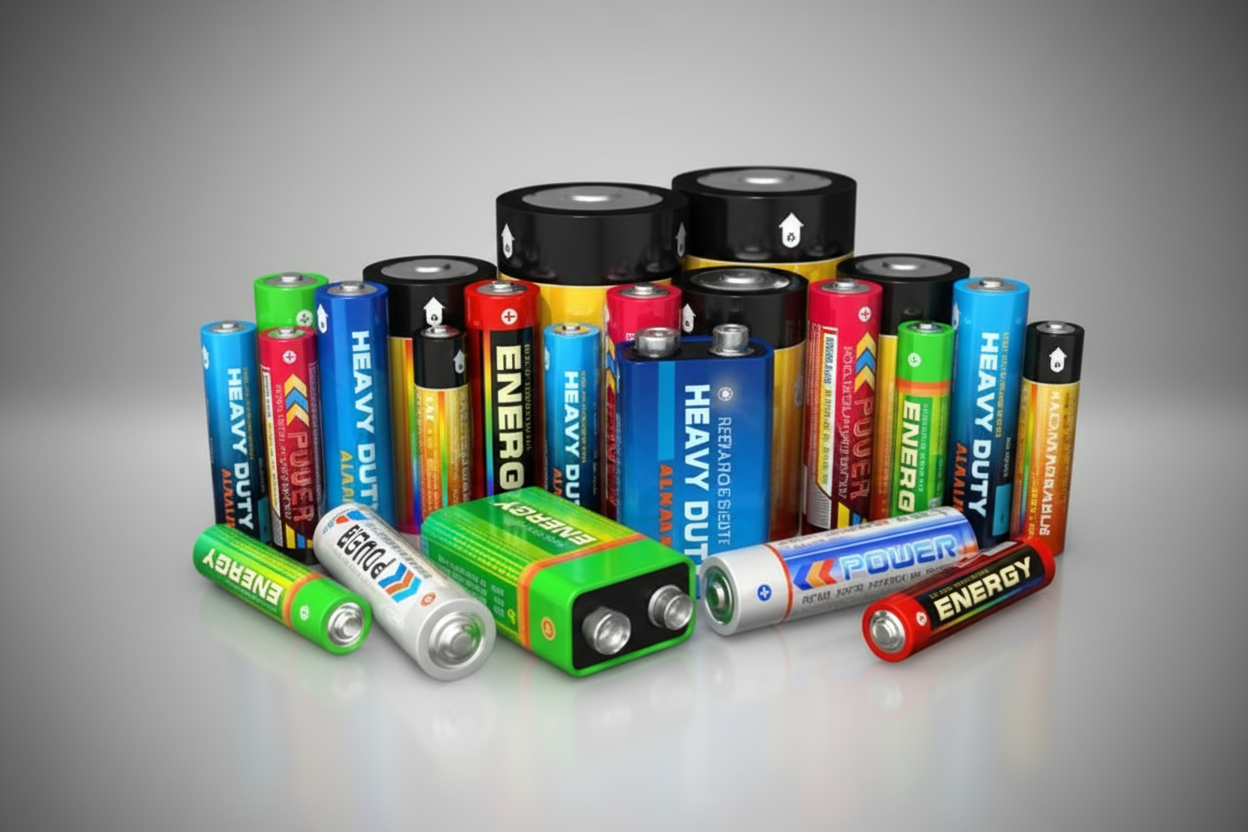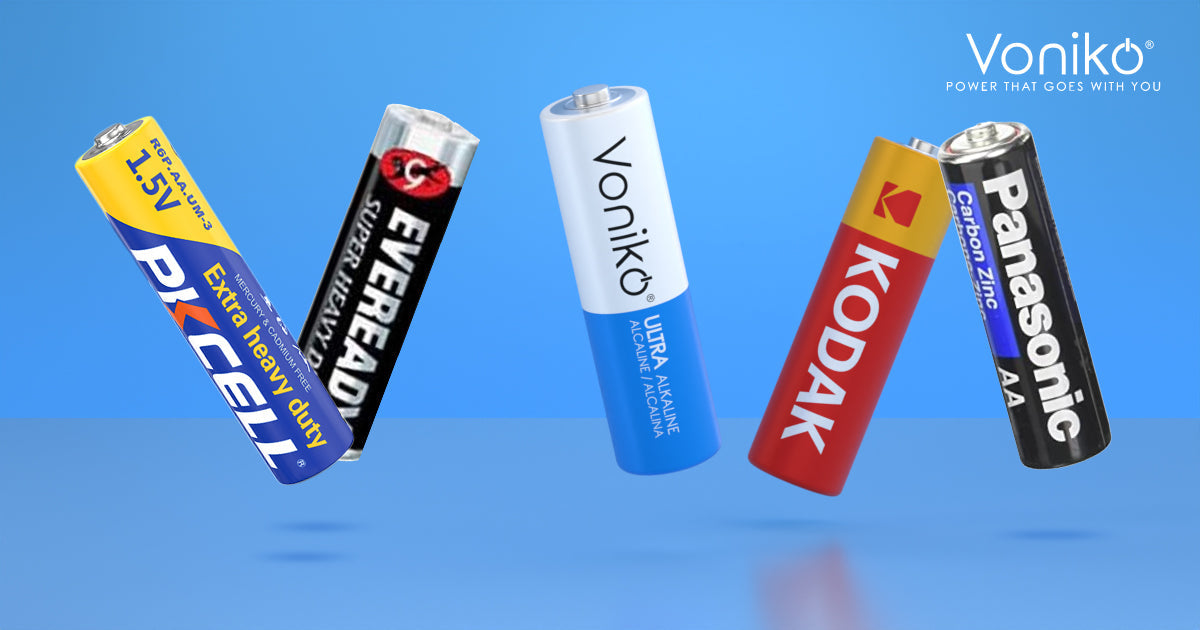Lithium batteries power everything from your smartphone to your digital camera, but what happens when they die? You can't just toss them in the trash. Improper disposal creates serious environmental and safety hazards. We'll walk you through the right way to dispose of lithium batteries safely.
Why You Can't Throw Lithium Batteries in the Trash
Here's the deal: lithium batteries contain materials that don't belong in landfills. When you throw them in regular garbage, they can catch fire during trash compaction or transportation. We've seen countless news reports about garbage trucks and recycling facilities going up in flames because someone tossed a lithium battery in the wrong bin.
Beyond the fire risk, lithium batteries contain valuable metals like cobalt, nickel, and lithium that should be recovered and reused. When these batteries end up in landfills, these materials contaminate soil and groundwater. The chemicals can leak into the environment, harming plants, animals, and potentially affecting water supplies. That's why federal regulations prohibit disposing of rechargeable lithium-ion batteries in household trash in many states.
The good news? Recycling lithium batteries recovers up to 95% of their materials for reuse in new batteries and products. At Voniko, a U.S.-based battery brand known for great value household batteries, we've designed our lithium batteries with recyclability in mind, making it easier for you to do the right thing. When you properly recycle batteries, you're contributing to a circular economy that reduces mining, conserves resources, and protects the planet.
How to Prepare Lithium Batteries for Disposal
Before you drop off your dead lithium batteries for recycling, you need to prepare them properly. This step prevents short circuits and potential fires during storage and transportation. Here's what we recommend:
Step 1: Tape the terminals. Use clear packing tape, electrical tape, or masking tape to cover both terminals of each battery. For cylindrical batteries like our AA and AAA lithium batteries (which offer 10x the performance of standard alkaline batteries), wrap tape around both ends. For coin cell batteries like CR2032, CR2025, and CR2016—which feature a 7-year shelf life—place a small piece of tape over the entire flat side. This simple step prevents the positive and negative terminals from touching metal objects or other batteries, which could cause sparks or fires.
Step 2: Place batteries in a non-conductive container. Once taped, store your used lithium batteries in a plastic bag, cardboard box, or plastic container—never in metal containers. Keep them in a cool, dry place away from direct sunlight until you're ready to take them to a recycling location. We recommend storing them separately from new batteries to avoid confusion.
Step 3: Check for damage. If you notice any swelling, leaking, or damage to a lithium battery, take extra precautions. Place damaged batteries in a separate plastic bag filled with sand or kitty litter to absorb any potential leaks. Some recycling centers have special procedures for damaged lithium-ion batteries, so call ahead to ask about their requirements.
Where to Recycle Lithium Batteries Near You
Finding a lithium battery recycling location is easier than you think. You've got several convenient options depending on where you live and what works best for your schedule.
Retail drop-off programs are your most accessible option. Major retailers like Home Depot, Lowe's, Best Buy, and Staples offer free battery recycling bins near their entrances. Just bring your taped batteries and drop them in the designated collection bins. Many of these stores accept all battery types, including lithium-ion, lithium metal, alkaline, and coin cell batteries. No purchase necessary—they accept batteries whether you bought them there or not.
Call2Recycle operates the largest battery recycling program in North America with over 34,000 drop-off locations. Visit their website and enter your zip code to find the nearest collection point. They accept single-use lithium batteries (like our FR6 AA lithium batteries with 3000mAh capacity), rechargeable lithium-ion batteries, and many other battery chemistries. Their network includes retail stores, municipal facilities, and businesses.
Municipal hazardous waste facilities also accept lithium batteries year-round or during special collection events. Contact your city or county waste management department to find out when and where they collect household hazardous waste. Many communities hold quarterly or semi-annual collection days where you can drop off batteries, paint, electronics, and other items that shouldn't go in regular trash.
Key Statistics:
- Only 5% of lithium-ion batteries get recycled in the US currently
- Recycling one ton of lithium-ion batteries recovers 400 pounds of cobalt, copper, and aluminum
- The battery recycling industry could save 35% of lithium mining needs if recovery rates improve
Types of Lithium Batteries and Their Disposal Methods
Not all lithium batteries are created equal, and knowing which type you have helps ensure proper disposal. Voniko manufactures several types of lithium batteries, each with specific characteristics and recycling requirements.
Lithium-ion rechargeable batteries are the most common type in consumer electronics. You'll find them in laptops, smartphones, power tools, and electric vehicles. These batteries contain liquid electrolyte and can be particularly hazardous if damaged. Our AA lithium-ion rechargeable batteries maintain a consistent 1.5V output throughout their discharge cycle, unlike traditional NiMH batteries. Always recycle lithium-ion batteries—never throw them in the trash. They're accepted at most retail collection programs and should always have their terminals taped before disposal.
Lithium metal (non-rechargeable) batteries include products like our AA lithium batteries (which are 35% lighter than alkaline batteries), AAA lithium batteries, CR123A batteries, and coin cell batteries. These single-use batteries contain metallic lithium and are found in cameras, flashlights, watches, and medical devices. Our lithium batteries feature a 10-year shelf life and can operate in extreme temperatures from -40°F to 140°F. While regulations vary by state, we strongly encourage recycling these batteries through retail programs or Call2Recycle locations. Some states require recycling of all lithium batteries, while others allow disposal of small lithium metal batteries in household trash—but recycling is always the better choice.
Lithium polymer batteries are used in drones, RC vehicles, and thin electronic devices. These batteries use a gel-like electrolyte and can be especially dangerous if punctured or crushed. Many drone and hobby shops offer recycling programs specifically for LiPo batteries. Always discharge these batteries to about 30% capacity before recycling and never fully drain them, as this creates instability.
Safety Tips for Handling Used Lithium Batteries
Your safety matters when dealing with used batteries. We've compiled the most important precautions based on industry standards and our years of battery manufacturing experience.
Never store loose lithium batteries together. When batteries rattle around in a drawer or bag with their terminals exposed, they can short circuit and generate enough heat to cause fires. We've seen cases where a loose battery in a junk drawer contacted keys or coins and started smoking within seconds. Always keep batteries in their original packaging or tape the terminals before storage. Our batteries come in secure packaging designed to protect them during storage and transport.
Watch for warning signs of battery failure. A swollen or bulging battery is trying to tell you something's wrong. Lithium batteries that show swelling, emit strange odors, feel hot, or show visible damage should be handled with extreme caution. Don't attempt to use, charge, or transport damaged batteries in your vehicle. Instead, place them outdoors in a non-flammable container away from your home and contact your local hazardous waste facility for guidance on disposal.
Don't mix old and new batteries. While this tip applies mainly to batteries in use, it's worth mentioning for disposal too. When collecting batteries for recycling, separate clearly dead batteries from partially used ones. Batteries with remaining charge pose higher risks of short circuits. Our alkaline batteries feature Power Lock technology that helps preserve energy during storage, but once a battery is depleted, it should be recycled promptly.
Keep batteries away from water and extreme temperatures. Store used lithium batteries you're collecting for recycling in a dry, temperate location. While our lithium batteries can operate in temperatures from -40°F to 140°F, extreme heat during storage can cause pressure buildup and potential rupture in depleted batteries. Moisture can trigger corrosion and unexpected chemical reactions. Room temperature (59-77°F) is ideal for storing batteries awaiting recycling.
Can You Recycle Alkaline and Lithium Batteries Together?
Yes, most recycling centers accept both alkaline and lithium batteries in the same collection programs, though they're sorted and processed differently. Our alkaline batteries—which last 40% longer than competitor brands—use zinc and manganese dioxide chemistry, while our lithium batteries use lithium iron disulfide or lithium manganese dioxide. Both types are valuable for recycling.
When you drop off batteries at retail collection points, you can typically place different battery chemistries in the same bin. The recycling facilities sort them by chemistry before processing. However, if you're collecting batteries at home before taking them for recycling, it's helpful to keep alkaline and lithium batteries separate. This makes it easier for you to identify any damaged batteries that might need special handling.
Our alkaline AA batteries offer a 10-year shelf life and 2900mAh capacity, making them excellent for everyday devices like remotes and clocks. When these batteries are finally depleted, they can be recycled to recover zinc, steel, and manganese. Our 9V batteries (both alkaline with 500mAh capacity and lithium with 800mAh capacity) are particularly important to recycle, as they're commonly used in smoke detectors and other critical safety devices.
Frequently Asked Questions About Lithium Battery Disposal
Can you throw lithium batteries in regular trash?
In most states, you shouldn't throw lithium-ion rechargeable batteries in regular trash—it's illegal and dangerous. They can cause fires in garbage trucks and landfills. Single-use lithium metal batteries (like our AA and coin cell batteries) have different regulations depending on your state, but Voniko always recommends recycling them instead. Check your local regulations, but the safest approach is to recycle all lithium batteries at retail drop-off locations or municipal collection facilities. Remember, our LR44 alkaline batteries and other coin cells have a 3-7 year shelf life, so they contain valuable materials worth recovering.
What happens if a lithium battery goes in the garbage?
When lithium batteries end up in garbage trucks, they often get crushed or punctured during compaction. This damage can cause short circuits, generating intense heat and sparks that ignite fires. These battery fires are extremely difficult to extinguish and have caused millions of dollars in damage to waste facilities across the country. Additionally, chemicals from the battery can leak into landfills, contaminating soil and groundwater with heavy metals and toxic compounds. That's why proper disposal is so important—especially for high-capacity batteries like our 3000mAh lithium AA batteries.
How do you dispose of swollen lithium batteries safely?
A swollen lithium battery is a serious hazard that needs immediate attention. First, don't charge or use the battery. Carefully remove it from the device if possible, wearing safety glasses and gloves. Place the swollen battery in a fireproof container like a metal bucket filled with sand, and store it outdoors away from flammable materials. Contact your local hazardous waste facility immediately for special disposal instructions—don't take swollen batteries to regular retail recycling bins without asking first. This safety protocol applies whether you're dealing with rechargeable lithium-ion batteries or single-use lithium batteries.
Are lithium batteries accepted at all recycling centers?
Most major retail chains with battery recycling programs accept lithium batteries, but not all facilities accept every type. Big box stores like Home Depot, Lowe's, and Best Buy generally accept both lithium-ion and lithium metal batteries. However, some smaller collection points may only accept certain chemistries. Call ahead to confirm before making a special trip, especially if you're recycling larger lithium-ion batteries from power tools or specialty batteries like our CR123A batteries (available in 1500mAh and Premium 1600mAh versions with up to a 15-year shelf life).
How long can you store dead lithium batteries before recycling them?
You can safely store used lithium batteries for several months before recycling, as long as you've taped the terminals and kept them in appropriate conditions. We recommend recycling them within 3-6 months to avoid potential degradation that could make them harder to recycle. Create a designated battery collection container in your home—maybe a small plastic bin in your garage or utility closet—where you accumulate used batteries until you have enough to make a recycling trip worthwhile. Just remember to tape those terminals as soon as you remove them from devices. Whether you're collecting depleted alkaline batteries or lithium batteries, proper preparation ensures safe transportation to recycling facilities.
At Voniko, we're committed to creating batteries that power your devices reliably while minimizing environmental impact. Our complete battery lineup includes alkaline batteries with our exclusive Power Lock technology for extended shelf life, lithium batteries that deliver 10x the performance in high-drain devices, and rechargeable options for frequent-use applications. When you choose Voniko batteries and dispose of them properly, you're making a choice that protects both your devices and our planet.
Visit your nearest battery recycling location today and turn those dead batteries into valuable recycled materials for tomorrow. Because at Voniko, we believe in delivering reliable power solutions that go with you—from the moment you open the package to the responsible end-of-life recycling that protects our environment. Power That Goes With You.

